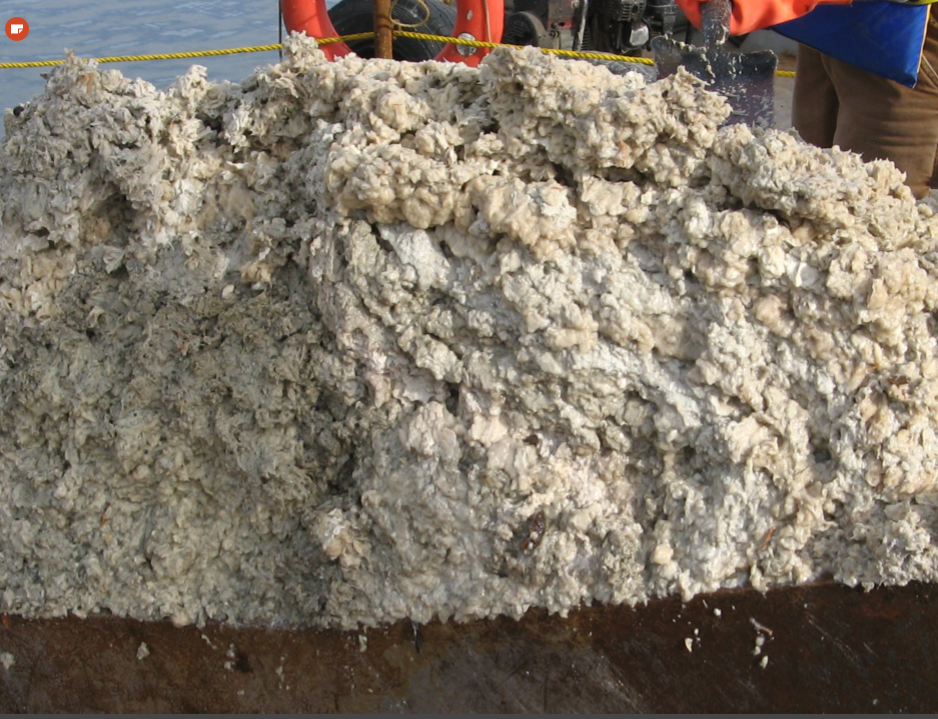THUNDER BAY — A new working group that's revived efforts to manage 400,000 cubic meters of contaminated sediment in Thunder Bay's north harbour has targeted the end of 2019 for a recommended solution.
Transport Canada and Environment Canada co-chair the group which also includes the Ontario environment ministry, the Thunder Bay Port Authority and numerous other local stakeholders.
Members held their first face-to-face meeting in Thunder Bay at the end of October.
A previous steering committee was established 10 years ago, and remediation options were developed, but momentum toward a cleanup or remediation of the contaminated site slowed after that.
That was despite the fact a 2013 risk assessment identified "unacceptable risks" to human health and to plant and animal life in the harbour area:
- potential risk to people consuming fish (fish consumption advisory in place to mitigate the risk)
- potential risk to people coming in direct contact with contaminated sediment
- potential risk to kingfishers from mercury
- potential risk to sediment-dwelling organisms from total resin acids
Impetus for a cleanup occurred earlier this year after Patty Hajdu, the MP for Thunder Bay-Superior North, raised the issue with her cabinet colleagues, the transport and environment ministers.
There's enough industrial sediment, containing mercury and other contaminants, on the bottom of the north harbour to fill 150 Olympic-size swimming pools.
The area was classified by a consultant and by federal experts as a Class 1 polluted site using the Federal Aquatic Sites Classification System. Class 1 sites indicate high priority for action.
A Transport Canada spokesperson told Tbnewswatch the working group will spend the next 12 months on technical and environmental studies, and will consult with the general public and with Indigenous groups as it evaluates a short list of management options.
